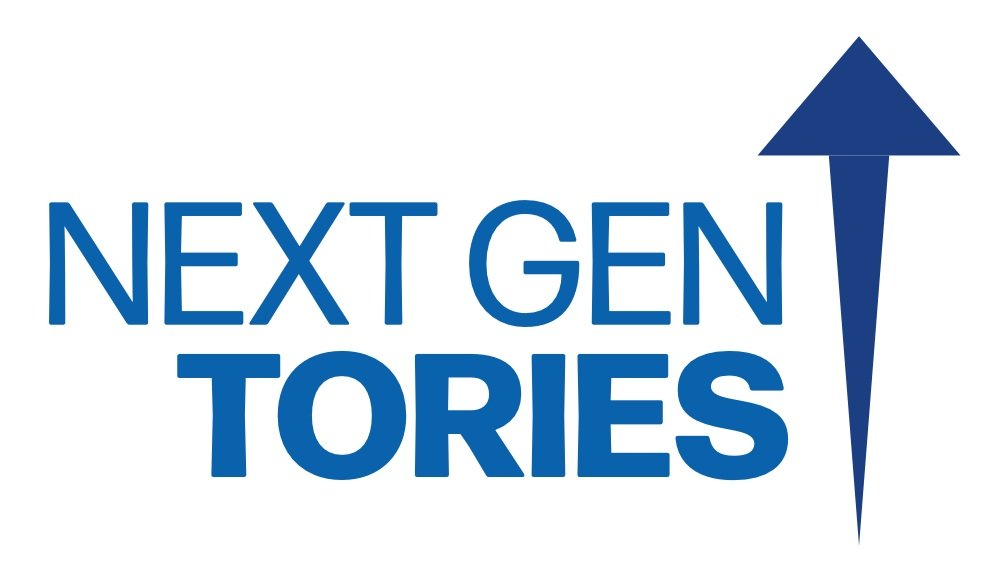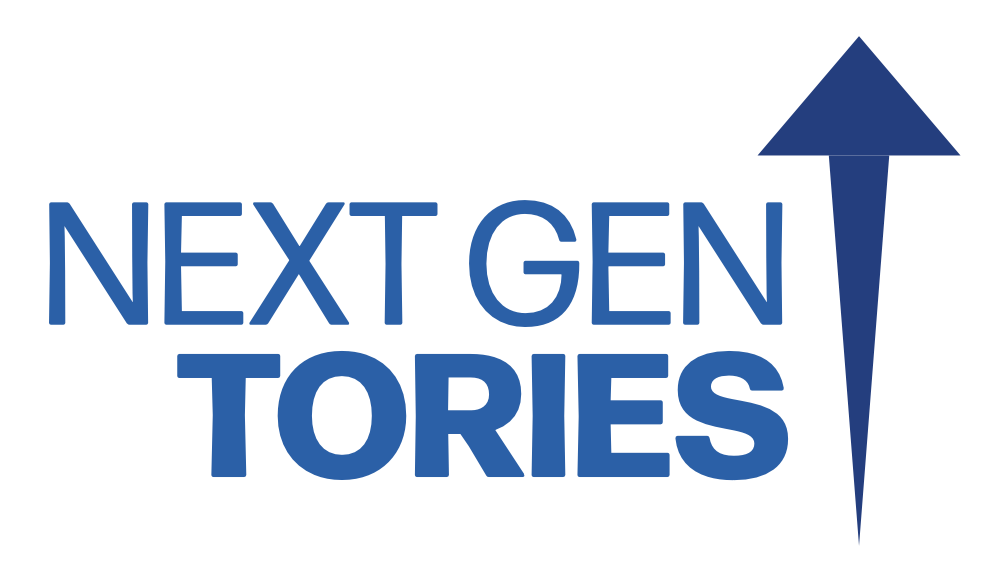WORK
Millennials and Gen Z face a cost of living crisis, not just from the impacts of inflation, but critically because of a long term shift on who and how the state taxes. This shift has happened over time, with rates rising by a greater magnitude for young people and low earners than for higher earners and people over the State Pension Age. Almost every generation has paid more in taxes, both direct and indirect, than those born in the previous decade did at the same age.
Recent debate within the Conservative party has focussed on the burden of tax in absolute terms, missing the nuanced discussion of where tax falls. Older generations have benefitted from lower tax rates throughout their lives and now benefit from low asset taxes. Conversely, younger people pay a much heavier burden of tax and are predicted to do so throughout their lives. Young professional graduates now pay a marginal rate of 52 per cent. The high-taxation problem is compounded by lower disposable incomes compared to Gen X, driven by housing costs and low wage growth.
Rt Hon Simon Clarke MP, former Secretary of State for Levelling Up and MP for Middlesbrough South and East Cleveland
To win not just the next election but those in the coming decades, we must offer more to younger generations. The principles of good work, home and family are Conservative ones. By prioritising reform in these areas the party can give younger people their own chance to get on in life. Rebalancing our economy in this way is imperative if we are to win their support, and in turn see future Conservative governments.
The party has always been at its strongest when it governs for the entire country, rather than chasing a narrow coalition of voters. As support amongst Millennial and Gen Z voters drifts further away, now is the time to reassess our approach.
This isn’t just important for the electoral future of the party, but for the growth and prosperity of the UK. Next Gen Tories has rightly identified that we must prioritise building more homes, supporting families and lowering taxes. The evidence is clear – and it calls us to action.
The average person born in 1956 will pay £940,000 in tax over the course of their life, but they are forecast to receive state benefits amounting to more than £1.2 million, a so-called welfare dividend of £291,000. When the balance of taxation is fair, each generation is happy to pay for others to benefit from the education that they received themselves, or for the health and social care that they too will rely upon in older age. This principle is put under pressure if poorer millennials are asked to pay in more and take out less than older generations.
In the next decade the question of how the Government raises tax will become more pressing. As the baby boomer population ages, the subsequent pressures on the public sector will necessitate increased spending in the absence of public service reform. Indeed, spending on health care and social security is set to rise by £24 billion by 2030 and by £63 billion by 2040.
Conservatives understand that the state has no money of its own, only taxpayers money, placing a responsibility on the state to raise taxes fairly. Funding an expansion of the state through redistribution of wealth from poor to rich goes against the Conservative principle of equality of opportunity. Rebalancing the tax system will reap significant rewards, giving younger people more disposable income to put either directly into the economy or to save for a deposit on a property.
This approach will create a more balanced economy, where younger people are able to get on in life under their own steam. As the public finances return to health in the coming years, the proceeds of growth must be targeted at working people first. When considering where these tax cuts fall, the Treasury must ensure these voters, who pay the most but receive the least, are at the forefront of their minds.





